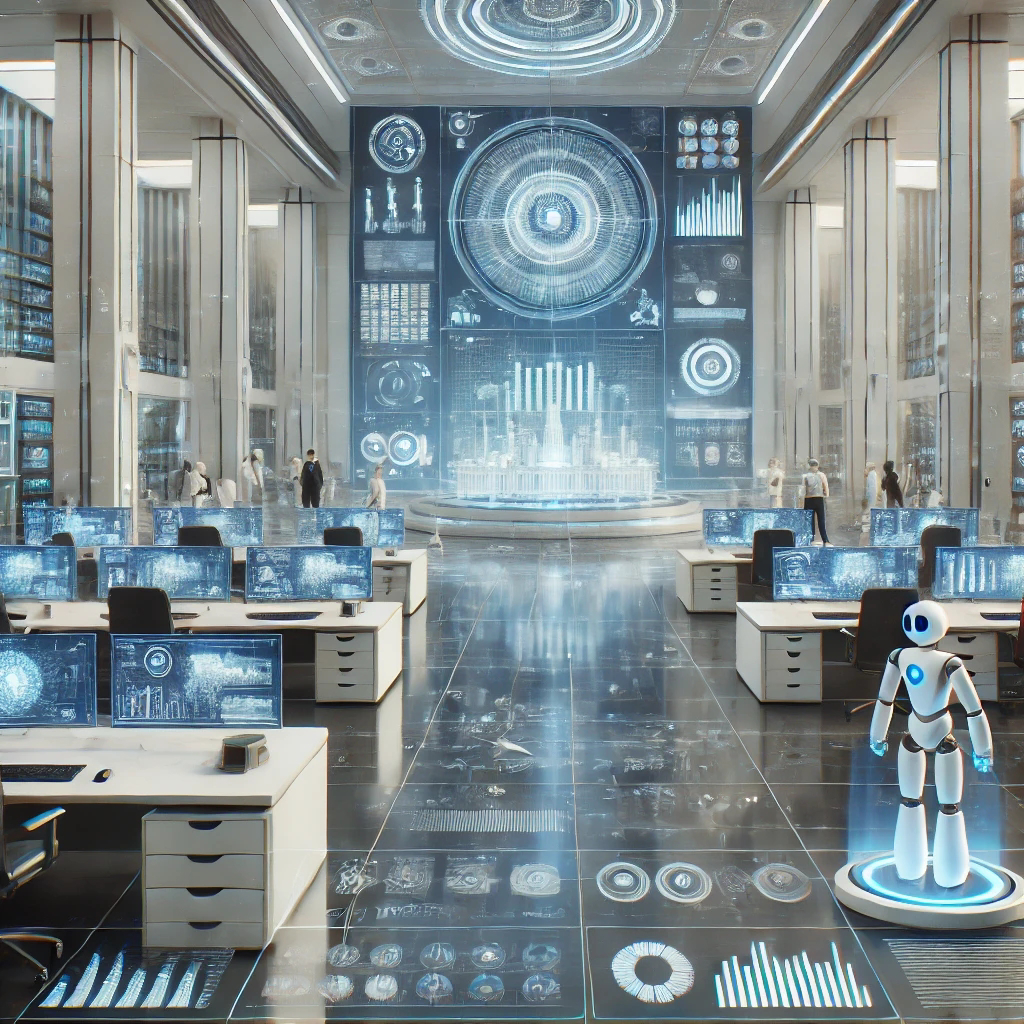Hi there, dreamers and deep thinkers,
Let’s talk about Elon Musk. You’ve heard his name more times than you’ve had your morning coffee. He’s the guy behind Tesla, SpaceX, Neuralink, and X (formerly Twitter). The man is everywhere. But now, whispers suggest Musk has his sights set on something bigger—revamping government efficiency. That’s right. The same guy who wants to colonize Mars now seems to want to fix what many consider the ultimate bureaucratic mess.
Is it hype, hubris, or does Elon actually have a shot at making governments work like Tesla’s Gigafactories? Buckle up. We’re diving in.
Why Would Musk Care About Government Efficiency?
Good question. After all, Musk isn’t a politician. He’s not even a traditional businessman. So why is he interested in government bureaucracy?
Here’s the thing: Musk thrives in chaos. He looks at inefficient systems the way a chess master looks at an unbalanced board—with the intent to dominate. Governments, especially the sprawling, clunky bureaucracies we deal with daily, are the definition of inefficiency. Red tape, endless paperwork, outdated processes—you know the drill. It’s enough to make anyone scream into a pillow.
For Musk, inefficiency isn’t just annoying. It’s an enemy to progress. Whether you agree with his methods or not, the guy loves a challenge. Streamlining government processes would be his Mount Everest.
The Case for an Overhaul
Let’s face it: most governments are like outdated operating systems. They sort of work, but they’re slow, glitchy, and prone to crashing at the worst moments. Think about it:
- Wasteful Spending: Billions of dollars get lost in bureaucratic limbo every year.
- Outdated Tech: Many government systems still run on software older than the internet.
- Red Tape: From applying for permits to filing taxes, navigating government processes is like walking through molasses.
For Musk, this isn’t just a philosophical problem—it’s a solvable one. He’s not the type to sit back and say, “That’s just how it is.” He’s the type to say, “How can we fix it?”
Musk’s Possible Blueprint for Efficiency
Now, let’s talk about how Elon might approach this Herculean task. Based on his track record, here’s what we can expect:
1. Automation Everywhere
Musk loves automation. Tesla factories are filled with robots doing the heavy lifting. Could he apply the same principle to government services? Imagine AI-powered systems handling everything from tax filings to public benefits. No more waiting in endless lines. No more human error. Just clean, efficient processes.
The flip side? Automation can feel impersonal, and it’s not foolproof. But if Musk’s AI teams can figure out self-driving cars, handling a DMV system might feel like child’s play.
2. Eliminating Middle Layers
One of Musk’s favorite tricks is cutting out the middleman. He’s known for flattening organizational structures to speed up decision-making. Governments, on the other hand, are the kings of hierarchy.
If Musk had his way, he’d probably streamline departments, eliminate redundancies, and push for direct communication. Fewer layers mean faster results—or at least, that’s the theory.
3. Data-Driven Decision Making
Love him or hate him, Musk is a data nerd. Tesla vehicles generate mountains of data to improve performance. SpaceX collects every bit of information from its rocket launches.
Now imagine if governments did the same. Real-time data analysis could help predict economic trends, allocate resources more effectively, or even prevent crises before they happen. It sounds futuristic, but isn’t that Musk’s specialty?
4. Decentralization Through Technology
Musk is all about decentralization—whether it’s cryptocurrencies or Starlink satellites providing global internet. Could he push governments toward a decentralized model? Blockchain, for instance, could create transparent systems for voting, record-keeping, or even managing public funds.
It’s not a perfect system, but it’s intriguing. Decentralization could mean less corruption and more accountability—two things governments sorely need.
The Challenges Ahead
Okay, so this all sounds great in theory. But let’s get real: overhauling government efficiency isn’t like building a rocket. It’s harder. Why? Because governments are tied to politics, culture, and tradition. Here are some obstacles Musk would face:
1. Resistance to Change
People fear change. Governments, even more so. Bureaucracies exist to maintain the status quo. Convincing officials to embrace Musk’s tech-driven vision could be like herding cats.
2. The Scale of the Problem
Governments operate on a scale that makes even SpaceX look small. Implementing change across millions—or billions—of people? That’s a logistical nightmare.
3. Ethical Concerns
Automation and AI might streamline processes, but they also raise ethical questions. What happens to the millions of people employed in government jobs? How do we ensure these technologies don’t deepen existing inequalities?
4. Trust Issues
Let’s not ignore the elephant in the room: Musk isn’t universally beloved. His critics view him as a billionaire with too much power and too little accountability. Convincing people to trust him with government systems could be a tough sell.
What Could Success Look Like?
If Musk pulls this off (and that’s a big if), what might success look like? Here’s a glimpse:
- Faster Services: Imagine renewing your passport in minutes instead of months.
- Reduced Waste: Billions of dollars saved by eliminating inefficiencies.
- Increased Transparency: Systems that are easier to understand and harder to exploit.
- Global Adoption: Other countries following suit, creating a ripple effect of efficiency.
Sounds dreamy, doesn’t it? But let’s not forget: even Musk can’t fix everything overnight.
The Bigger Picture
At the end of the day, Musk’s interest in government efficiency isn’t just about fixing a broken system. It’s about building a future where human potential isn’t wasted on bureaucratic nonsense. Love him or hate him, you can’t deny his vision is bold.
Will he succeed? Who knows. But one thing’s for sure: if anyone can make the impossible seem possible, it’s Elon Musk.
So, what do you think? Is Musk’s vision for government efficiency a pipe dream, or does it have legs? Let’s keep the conversation going.
Stay curious.





Leave a Reply